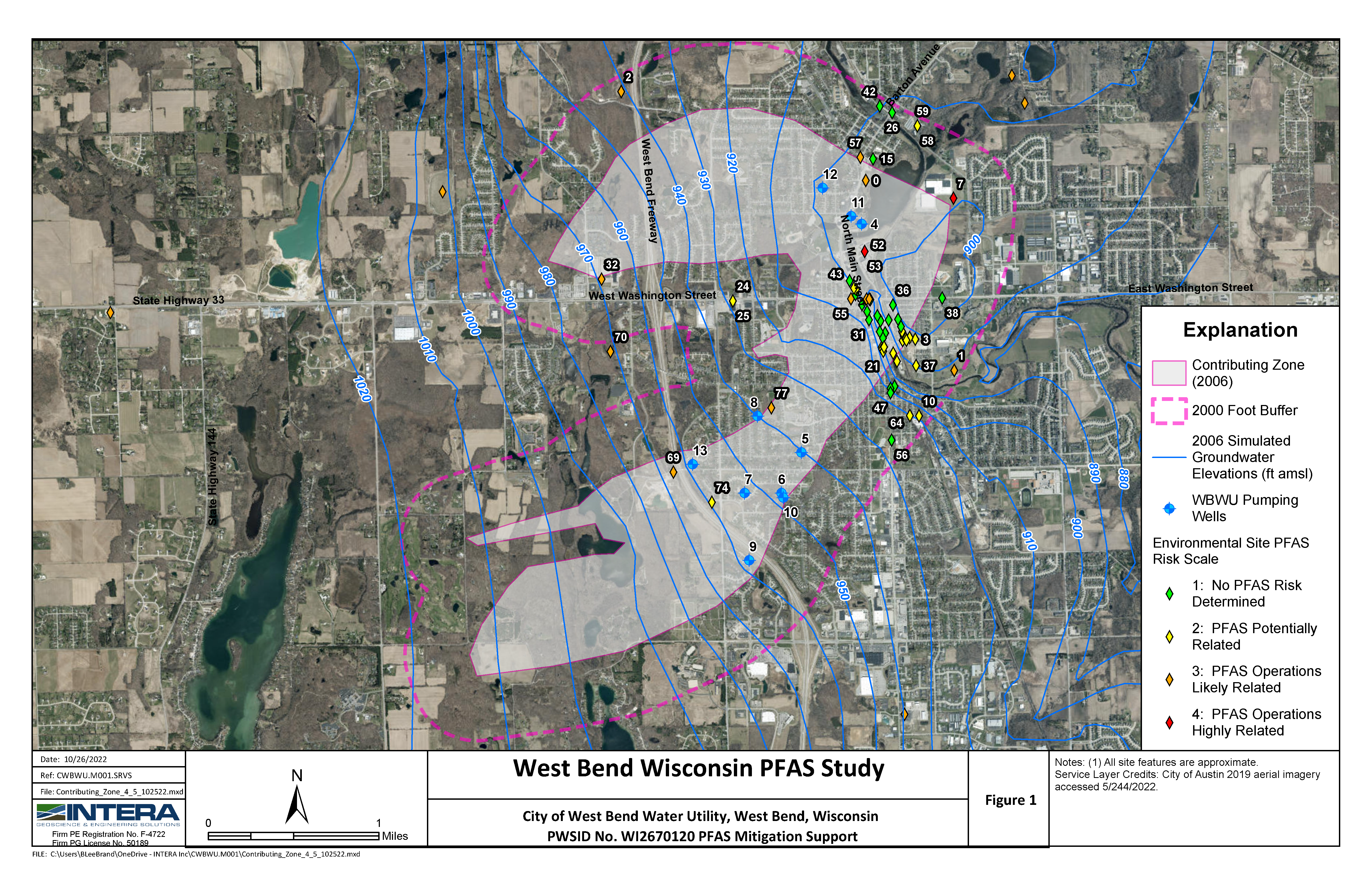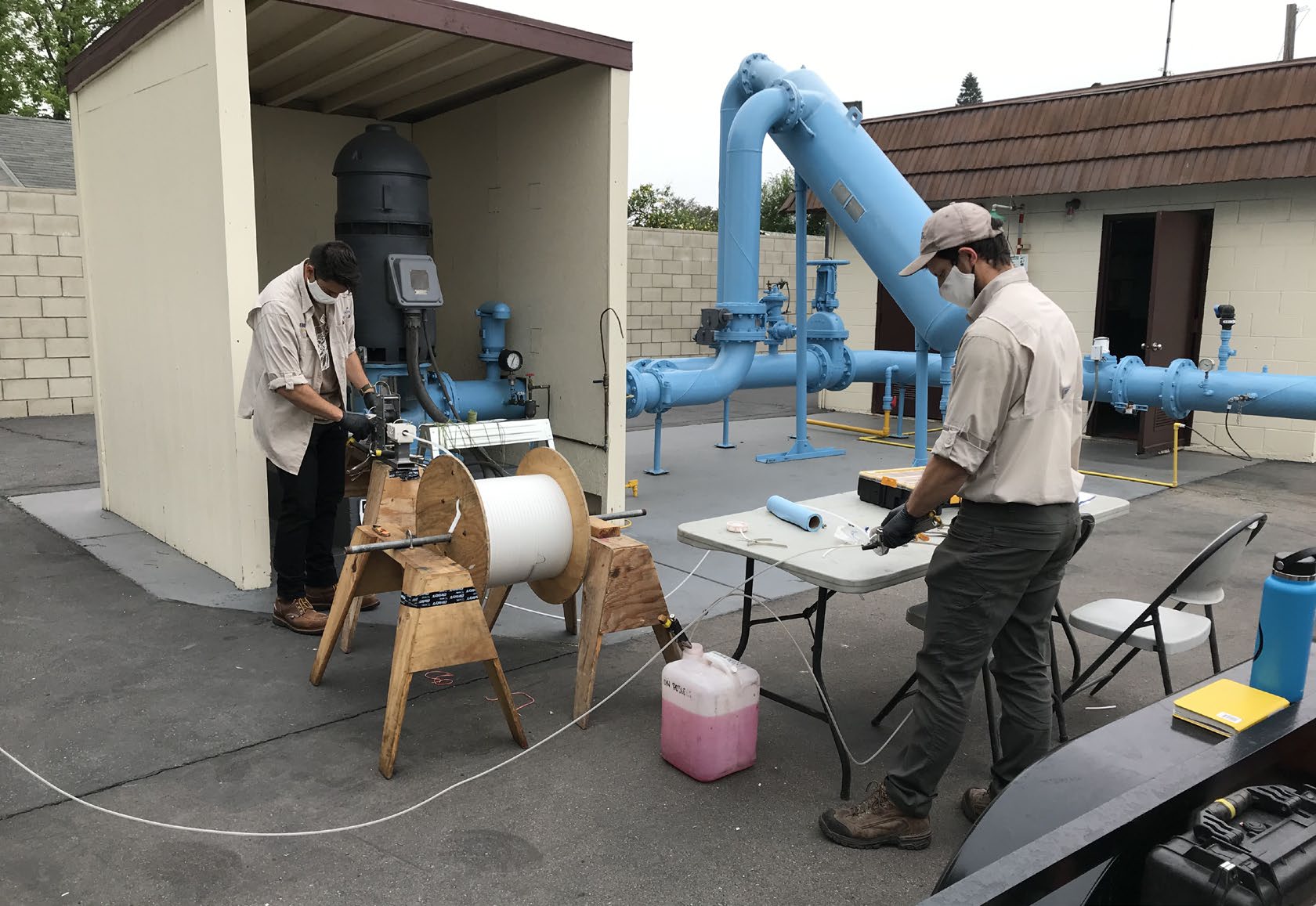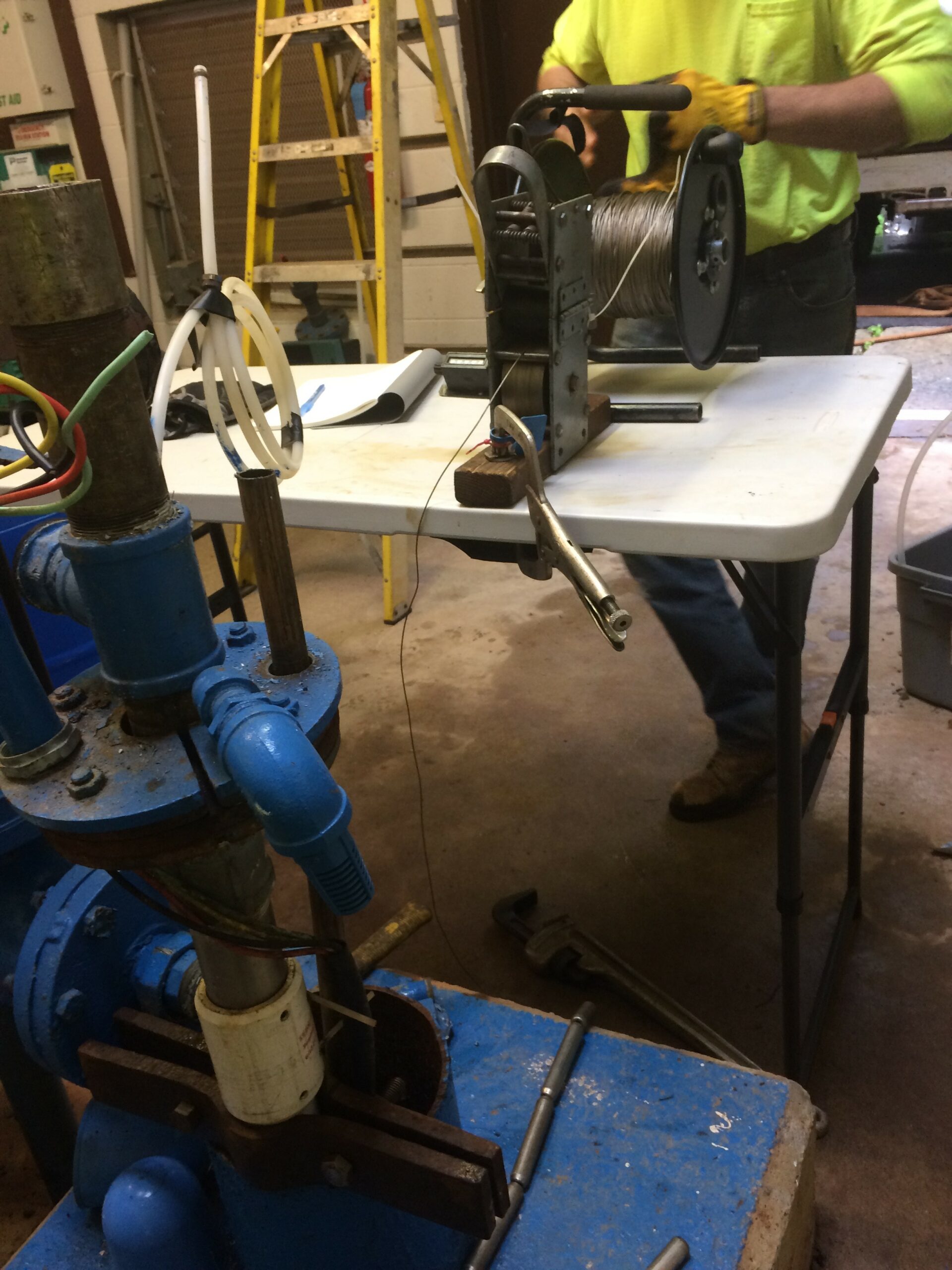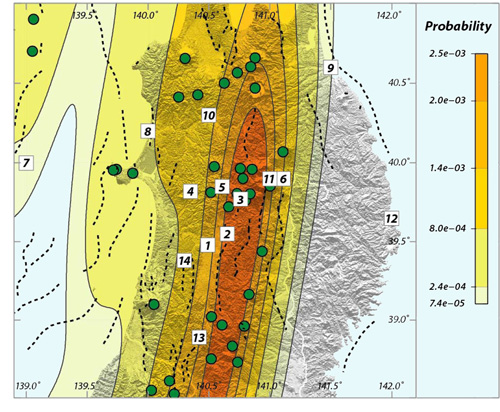
Challenge. Provide input and advice on state-of-the-science approaches and methods for the deep geologic disposal of radioactive wastes
Solution. For NUMO, the agency responsible for siting, developing, and operating deep geological repositories for both high-level waste (HLW) and transuranic (TRU) wastes in Japan, INTERA staff served as the technical representative from the U.S. on an international Technical Advisory Committee (ITAC). The process of locating and evaluating sites is expected to take at least 15 years to reach the point of initial repository construction. During the period before construction, NUMO is identifying sites as well as repository concepts that are compatible with these sites. To expedite this process and ensure that state-of-the-science knowledge and technology is incorporated into the Japanese program, NUMO convened a special program, composed of internationally recognized experts from the U.S., U.K., Switzerland, Sweden, Finland, and France. As the selected expert from the U.S. HLW program, INTERA’s Dr. Michael ‘Mick’ Apted provided summaries of plans, results, and lessons learned from the U.S. on topics including siting, public communication, repository concepts, and safety assessment methodologies. The ITAC also reviewed NUMO’s own plans, conducted workshops with a Japanese Domestic Technical Advisory Committee (DTAC), and held open public hearings with both ITAC and DTAC representatives to respond to questions from the general public on technical issues related to geological disposal. To meet one of the key challenges facing the Japanese radioactive waste disposal program—ensuring safe isolation of the waste for 10,000 years or more within a very active tectonic environment—INTERA also participated in a multi-year series of International Tectonics Meetings (ITM/TOPAZ) to evaluate the volcano-tectonic hazards across the Japanese archipelago. INTERA staff organized and conducted expert elicitation of international and Japanese geosciences experts on possible long-term evolution of the volcano-tectonic setting of Japan. The results of this elicitation were then used to develop impact scenarios arising from credible natural-event scenarios that could affect repository safety and isolation performance for time periods up to several million years after waste emplacement. For a recent assignment with JAEA, INTERA has complied and assessed a wide variety of international concepts pertaining to direct disposal of spent nuclear fuel into deep geological repositories.
